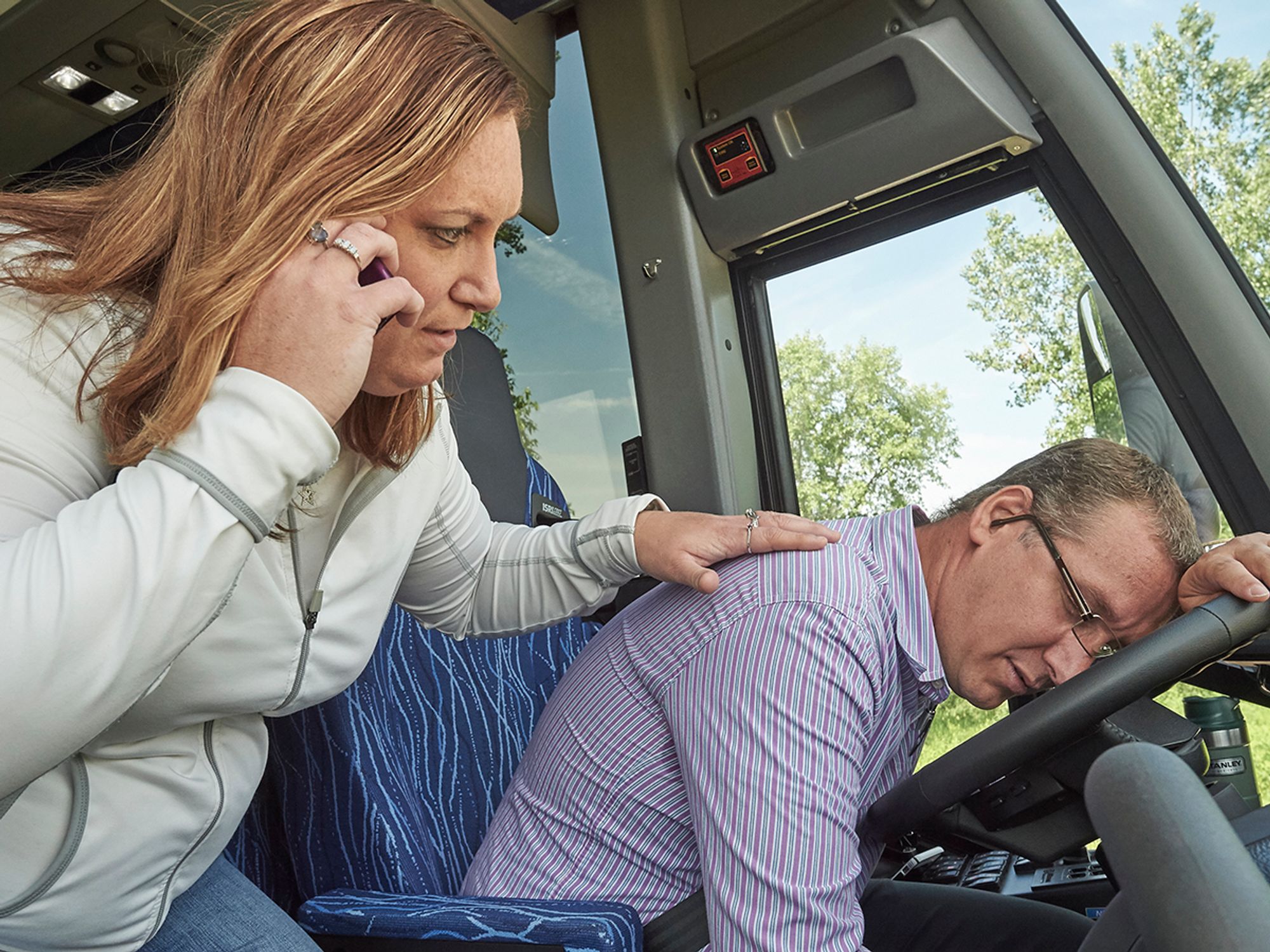Accident reporting

- Carriers must ensure CMV accidents are reported to the appropriate state and local authorities.
When a commercial motor vehicle (CMV) driver is involved in an accident, the driver and the company need to ensure that any required accident reports are made to the proper authority or authorities.
Accident reporting requirements for CMVs exist only at the state and local level. The need to report an accident to the state or local authorities is often based on:
- The value of the property that was damaged,
- Whether there was a fatality or injury, and/or
- Whether an enforcement officer responded to the scene.
In many but not all cases, accident reporting is handled by the enforcement officer (if any) who arrives at the scene. In some cases, accident reporting is required even if an officer was on-scene.
The Federal Motor Carrier Safety Regulations (FMCSRs) do not require accident reporting, even if there is a fatality. However, accident recording — on an accident register — is required.
Under Part 171 of the Hazardous Materials Regulations, any unintentional release of hazardous materials must be reported, including incidents that occur during loading, unloading, or temporary storage. For example, if a driver is loading a drum of hazardous material into a stationary vehicle and the drum falls and begins to leak, the incident is reportable.
